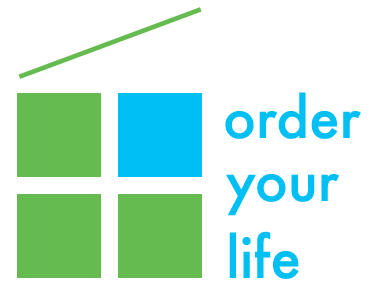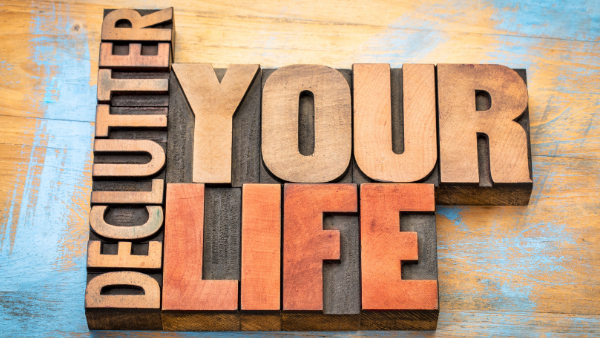Clutter is defined as a collection of things lying about in an untidy mess. It’s a simple definition, but clutter can have enormous costs associated with it, both tangible and intangible. What does clutter cost you?
Marie Kondo encourages America to de-clutter
In the past few months, the omnipresent Marie Kondo has brought clutter and its prevalence in American households to the forefront our consciousness. She has started a wave of decluttering across the country. While her methods may not work for everyone, she has been extremely influential in helping people realize that their clutter is not serving them.
For the past ten years our clients with clutter issues have been calling us for help. People are motivated to declutter when they realize the cost of storing items is too high, and they just don’t want to pay them anymore. Every day more people are realizing that the cost of keeping clutter is not worth the effort.
The high cost of keeping clutter
These are the top ten costs of clutter for our clients:
- Time and energy spent looking for items they can’t find
- Anxiety and stress over not being able to find things (especially paperwork) when they need them
- Wasting money buying duplicates or even triplicates of items they know they already have but can’t find
- Decreased productivity due to lack of work space or inability to find what they need to do their work
- Wasting a lot of money on storage units to house all the extra items they can’t fit into their clutter-stuffed homes {link to article on storage units}
- Paying late fees and interest penalties because they often don’t find bills until after their due dates (and losing checks that they need to deposit)
- Throwing away expired food because their refrigerators and pantries are so full, they can’t actually see what they have
- Embarrassment from not being able to invite friends and family over because of all the unsightly clutter
- Worry over health issues, especially for those with chronic illnesses due to mold, dust, and germs from built-up clutter
- Danger of tripping and being hurt from too many items lying around the house.
I know that when I try to work in a cluttered environment, I get overwhelmed and stressed out. It’s almost impossible for me to be productive if my desk is not cleared. In a way, the physical clutter causes correlating mental clutter in my brain. If I work in a severely cluttered office or home of a client, I often leave with my head spinning – I can only imagine what living in such an environment every day does to them.
Do you live with clutter? What do you think it costs you? Are you ready to give it up? Making the decision to de-clutter and let go of the things that are no longer serving you is the first step you need to take if you’re serious about achieving a more organized life.


